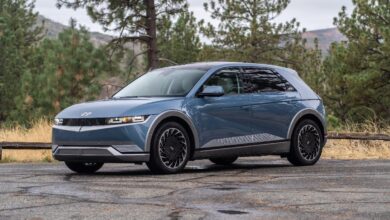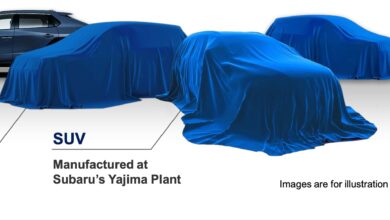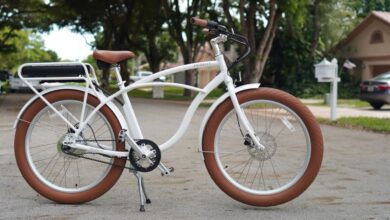More Americans Are Turned Off By EVs Than Ever Before
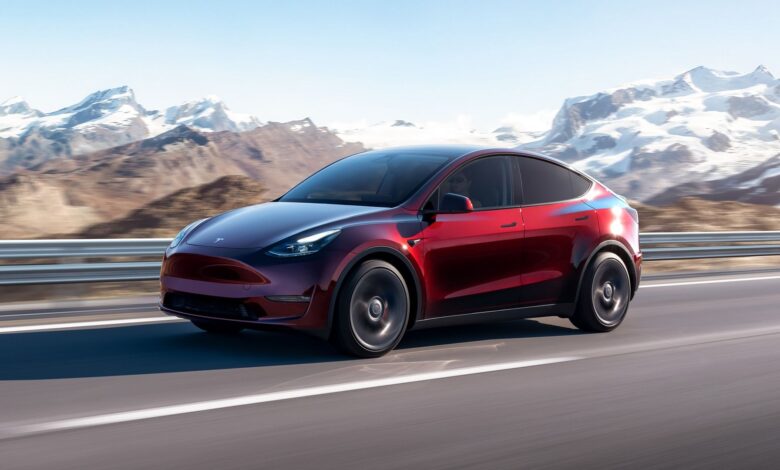
Key Takeaways
- New AAA study shows that 63% of Americans are “unlikely or very unlikely” to buy an EV.
- Consumers are reluctant to buy EVs due to high purchasing costs, charging issues, and range anxiety.
- Hybrids remain very popular with car buyers.
Electric vehicle sales have been in decline, causing the industry to wonder whether customers are no longer interested in battery-electric cars. Since last year, demand has fallen as consumers seek more cost-effective solutions. A new American Automobile Association (AAA) study shows that most Americans are “unlikely or very unlikely” to purchase an electric vehicle.
So why are consumers so reluctant to go electric? The study highlights the main reasons for higher costs, range anxiety, and poor charging infrastructure. Three in ten respondents also said that being unable to install an EV charger at their residence was a dealbreaker. 63% of individuals surveyed said they were unlikely to buy an EV, higher than 2023 (53%) and 2022 (51%). This suggests that public opinion of electric cars has worsened over the last two years.
2024 Tesla Model Y
- Base MSRP
- $42,990
- Engine
- Electric
- Horsepower
- 295 hp
- Electric Range
- 320 miles (Long Range RWD)
Not Many Americans Want An EV
Those in the “neither likely nor unlikely” camp appear to have made up their minds. In 2022 and 2023, this group accounted for 24% of respondents. Now, it’s just 19%. This speaks volumes and shows that things need to change for widespread EV adoption. Just 18% said they are either likely or very likely to purchase an electric vehicle. For automakers that have invested billions into electrification, this can’t be encouraging.

Add CarBuzz to your Google News feed.
While an electric vehicle is ideal for households with two or more vehicles where it won’t serve as the primary car, it’s unsuitable for those with a single vehicle, who travel great distances, or who live in a dwelling where EV charging is challenging. Of course, things will change when electric cars become more accessible. Popular EVs, such as the Tesla Model Y ($44,990), are still priced out of reach for many. Advancements in battery technology should make EVs cheaper and bring superior range and charging abilities.
“Early adopters who wanted an EV already have one. The remaining group of people who have yet to adopt EVs consider the practicality, cost, convenience, and ownership experience, and for some, those are big enough hurdles to keep them from making the jump to fully electric.”
– Greg Brannon, AAA director of automotive research.
Consumers Can’t Get Enough Of Hybrids
So, what are customers buying if not electric vehicles? Unsurprisingly, they’re opting for hybrids. For now, hybrids and PHEVs are more practical for most needs. Not only are they more affordable than their fully electric counterparts, but they also offer excellent fuel economy and the added benefit of a combustion motor, eliminating range anxiety. Of course, the trade-off is carbon emissions from the engine.
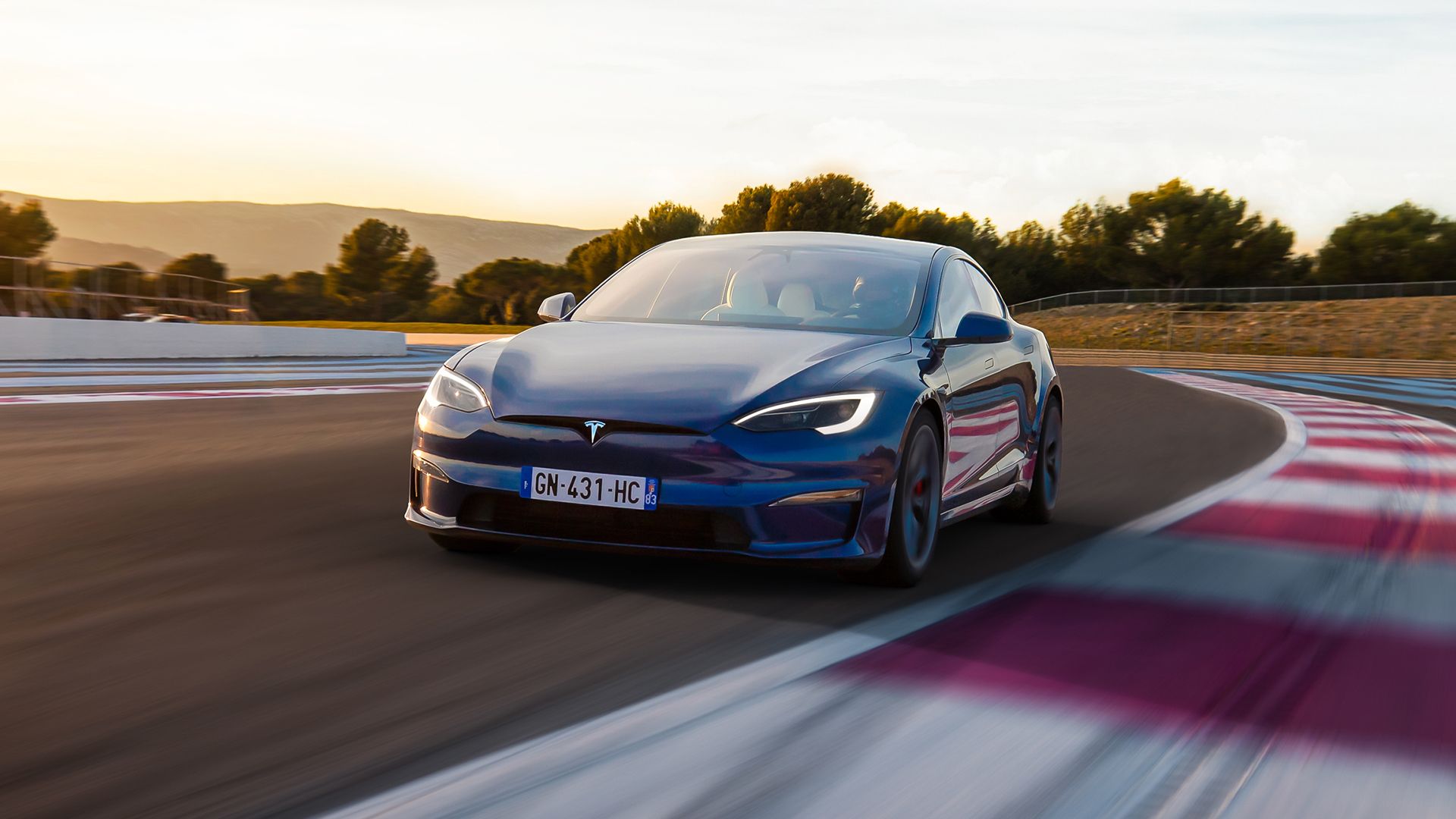
Tesla Cuts Prices To Combat Declining EV Sales
Electric vehicle giant Tesla isn’t immune to plummeting EV sales and the rise of Chinese imports and, in response, is cutting prices across the board.
Per the AAA, 31% of US adults are likely or very likely to purchase a hybrid vehicle. Reasons for choosing a hybrid include:
- More suitable for long-distance travel (75%)
- Not as dependent on public charging (74%)
- Not concerned about running out of charge (65%)
This trend has resulted in several automakers changing their electrification strategy. This week, Volkswagen confirmed it would spend billions to keep its combustion engines competitive. Mercedes-Benz and General Motors, both of which aimed to be all-electric in the coming years, have changed their tune. Mercedes will introduce more hybrids and PHEVs, while GM seeks to offer a slew of plug-in hybrids by 2027.
AAA’s Survey Methodology
Of course, this is just one study, so the results may be different with another population. If you’re interested in the methodology, the survey was conducted between April 4 and 8, 2024, and used a probability-based panel to represent the US household population fairly. The panel provided a sample coverage of around 97% of the aforementioned population. 1,152 interviews were conducted, with respondents being 18 or older. The margin of error was +/-4% at the 95% confidence level, says the AAA.
Source:
American Automobile Association
